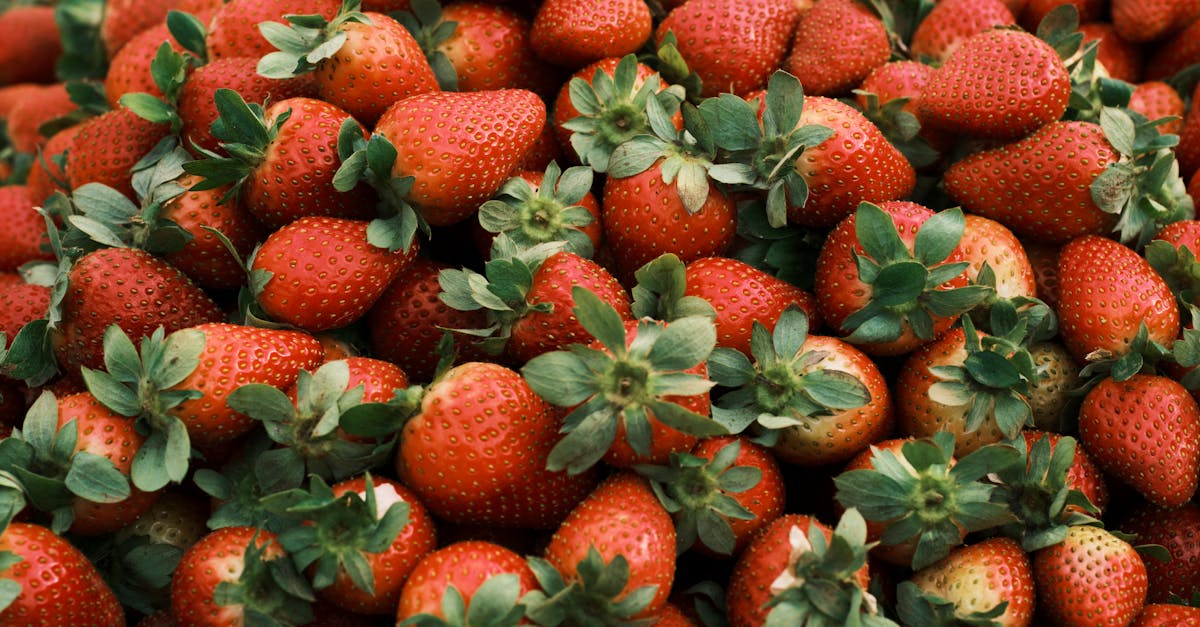The Dietitian's Guide to a Long-Living Heart
Antioxidants: Defenders of the Heart

Antioxidants are compounds that protect the body from oxidative stress and damage caused by free radicals. These molecules are abundant in fruits and vegetables, such as berries, leafy greens, and citrus fruits. Antioxidants play a crucial role in heart health by preventing the oxidation of LDL cholesterol, a process that can lead to the formation of plaque in the arteries. By consuming a diet rich in antioxidants, you can reduce your risk of atherosclerosis and other cardiovascular diseases. Your dietitian can recommend a colorful array of antioxidant-rich foods to ensure your heart receives the protection it needs.
The Role of Plant Sterols

Plant sterols are naturally occurring compounds found in small amounts in many plant-based foods. These compounds have a structure similar to cholesterol, allowing them to block the absorption of cholesterol in the intestines. As a result, incorporating plant sterols into your diet can effectively lower LDL cholesterol levels, a major risk factor for heart disease. Foods fortified with plant sterols, such as certain margarines and orange juices, can be a convenient way to integrate these heart-healthy compounds into your diet. Your dietitian can help you identify suitable sources and portions to achieve optimal heart health benefits.
